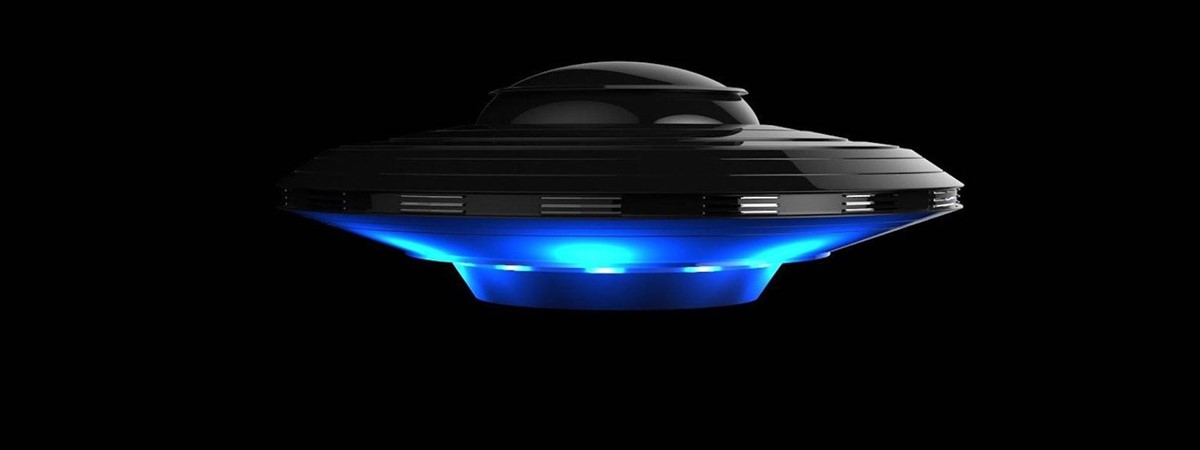510 UFO reports under scrutiny by US government

The US National Intelligence office is aware of 510 sightings of UFOs, many of which have been reported flying over sensitive military airspace, a declassified report has revealed.
The US National Intelligence office is examining 510 reported sightings of unidentified flying objects (UFOs), also known as UAPs (unidentified aerial phenomena) – more than triple the number reported in 2021.
The recently declassified 2022 report revealed that as many as 163 of these reports were deemed “unremarkable”, as they were suspected to be drones, birds, balloons, weather events or flying debris such as plastic bags.
However, hundreds more still remain unexplained.
The report added that encounters with UFOs continue “to occur in restricted or sensitive airspace, highlighting possible concerns for safety” and national security.
Moreover, they are increasing in number. As many as 247 UAPs were reported to the agency from June 2021, compared to the 144 compiled in the spy agency’s earlier 2021 assessment. In addition, another 119 reports that had been buried in old records from the past 17 years have now been unearthed, leaving the agency to analyse 510 sightings in total.
The majority of the new reports come from US navy and air force pilots, the document revealed.
“Some of these uncharacterised UAP appear to have demonstrated unusual flight characteristics or performance capabilities and require further analysis,” the report found.
In 2017, the Pentagon first acknowledged the existence of the Advanced Aerospace Threat Identification (AATI) Program, a government-funded programme tasked with investigating UFOs and their potential threat.
Although it is extremely unlikely that these sightings correspond with evidence of extraterrestrial life, intelligence agencies suspect they could correspond with new and unknown spying capabilities of rival countries.
“UAP events continue to occur in restricted or sensitive airspace, highlighting possible concerns for safety of flight or adversary collection activity,” the report said. “We continue to assess that this may result from a collection bias due to the number of active aircraft and sensors, combined with focused attention and guidance to report anomalies.”
Last month, Ronald S. Moultrie, the Pentagon’s undersecretary of defence for intelligence and security, echoed this belief in a conversation with the media: “We have not seen anything that would lead us to believe that any of the objects that we have seen are of alien origin.”
“In the absence of being able to resolve what something is, we assume that it may be hostile,” he added, “and so we have to take that seriously.”
The report was issued in part to help “destigmatise” experiences with UFOs and improve air safety.
The reports are being examined by the All-domain Anomaly Resolution Office (AARO), an office in the Pentagon created last year to review UAP incidents. The office is expected to work with intelligence agencies to further assess those incidents.
California Democratic Rep. Adam Schiff, the former House Intelligence Committee chair, welcomed the release of the report.
“I appreciate the effort undertaken by the [Office of the Director of National Intelligence] to study and characterise unidentified aerial phenomena reports and their commitment to ensuring transparency by releasing an unclassified summary to the American public,” he said.
Last summer, Nasa commissioned a $100,000 (£80,000) study that would analyse UFOs from a scientific perspective, as well as look into how the space agency can best make use of this data to understand the unexplained sightings.
Historically, the vast majority of sightings have been easily debunked with logical explanations ranging from atmospheric phenomena to aircraft obscured by cloud cover. Nonetheless, the US Department of Defense has stated in the past that it still investigates “each one” of the UAP sighting reports.
In 2021, a UK national survey revealed that 11 per cent of the British public think they have actually seen a UFO; 26 per cent believe that aliens exist, and more than half agree that intelligent life exists somewhere else in the universe.
Sign up to the E&T News e-mail to get great stories like this delivered to your inbox every day.


